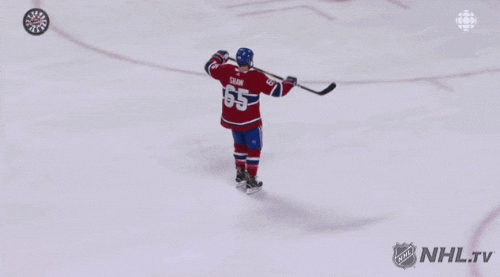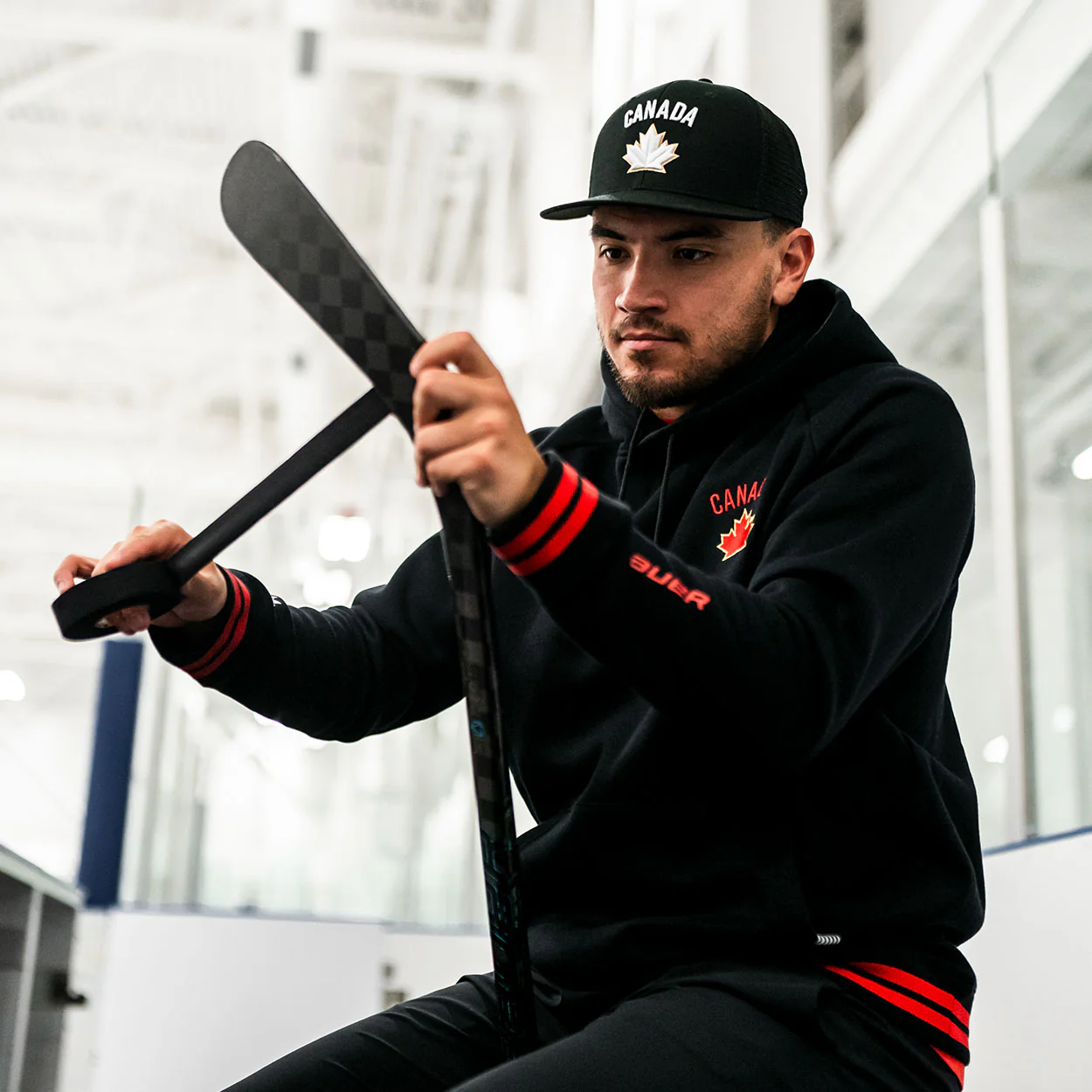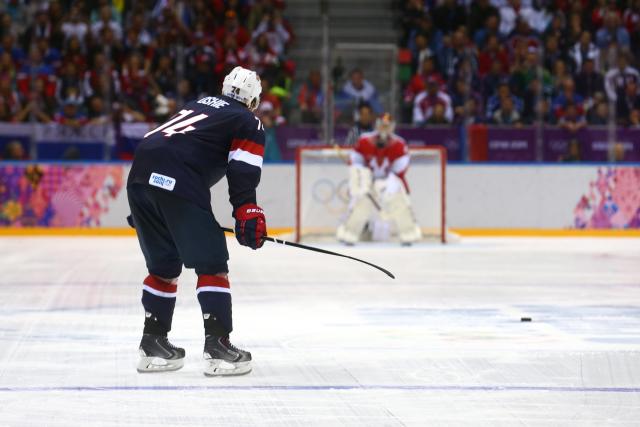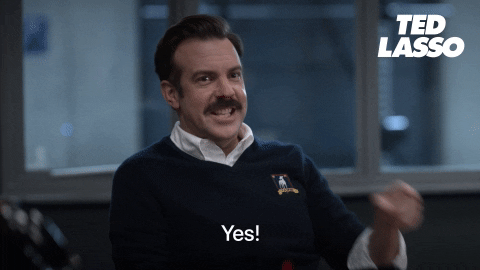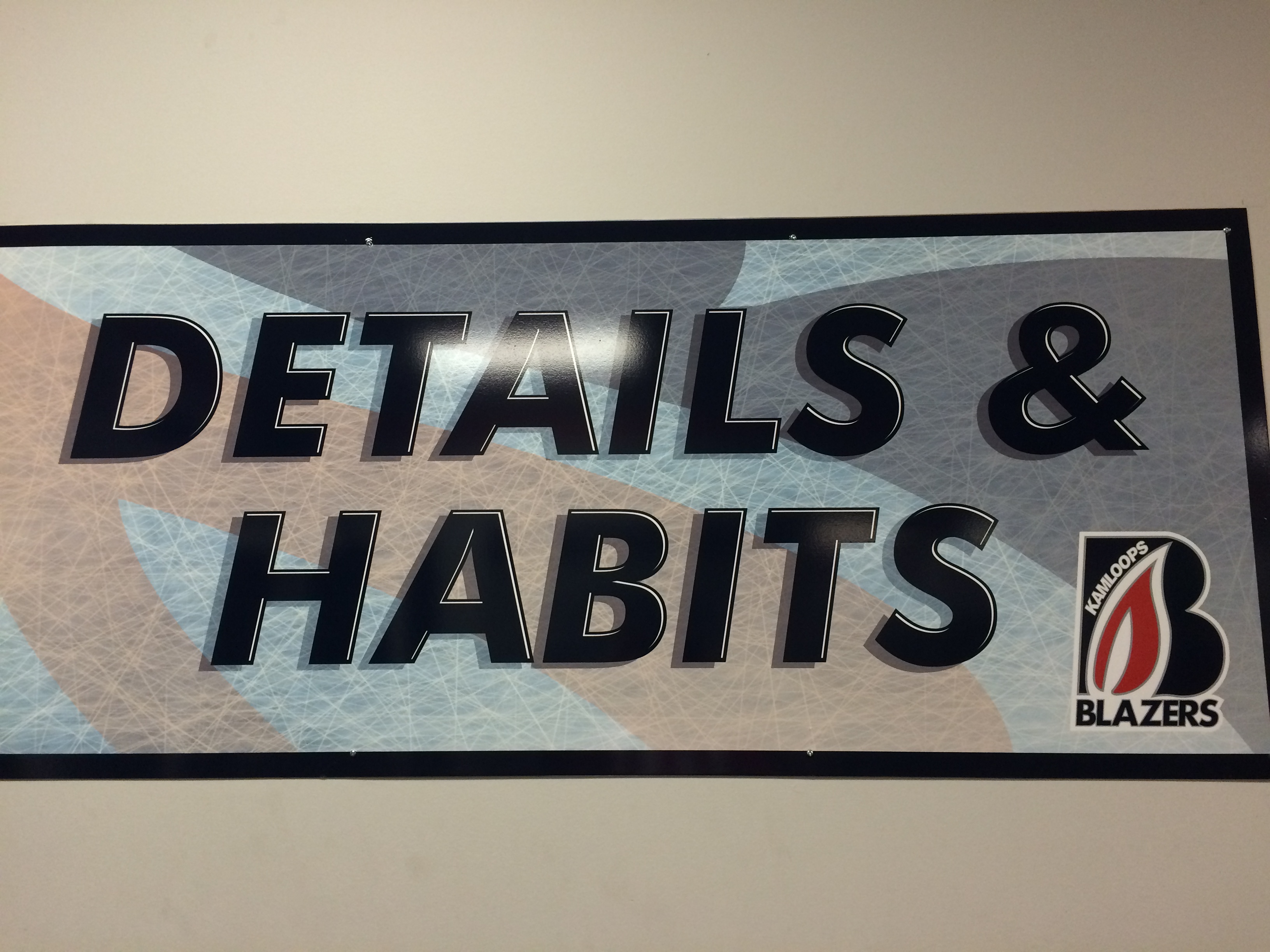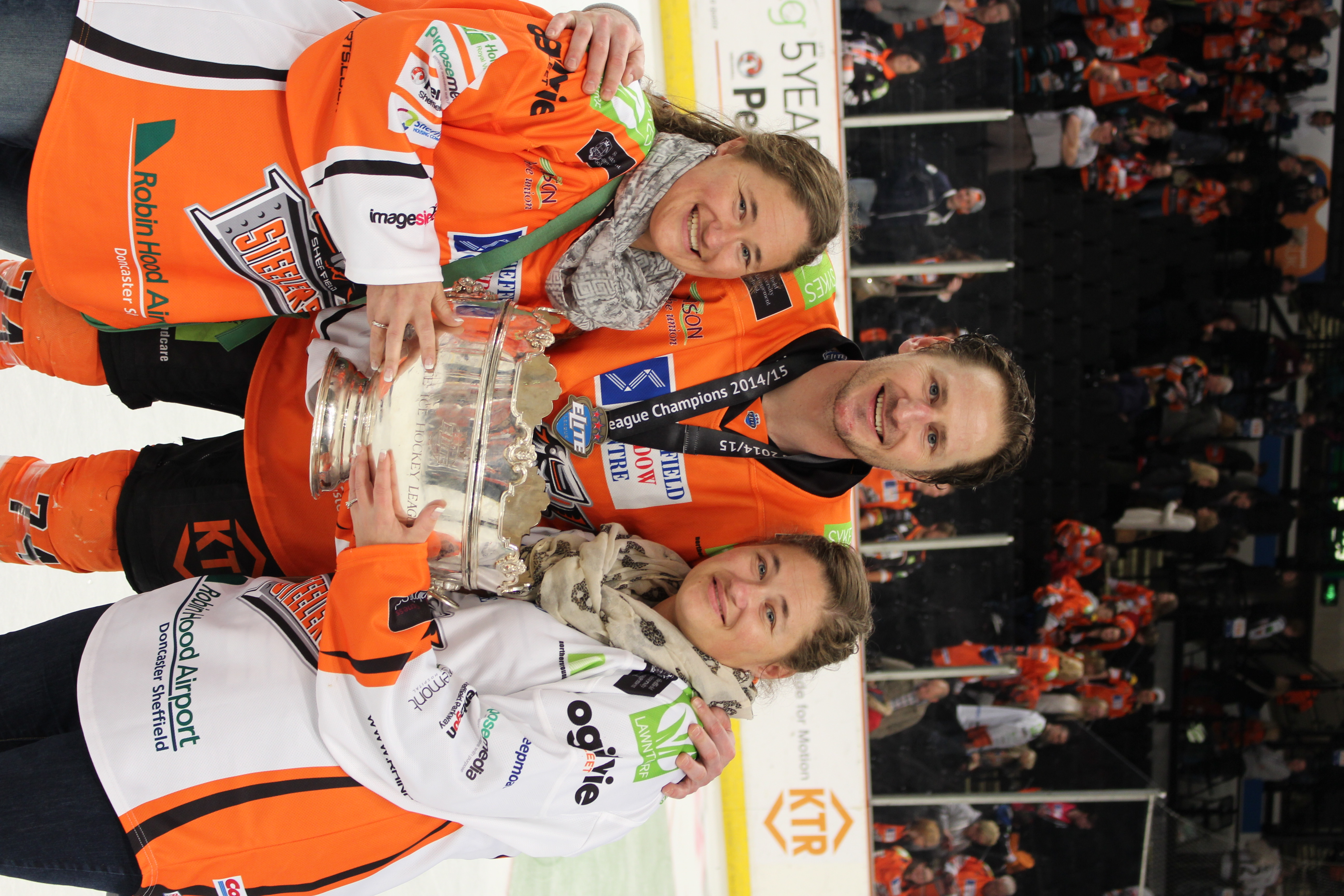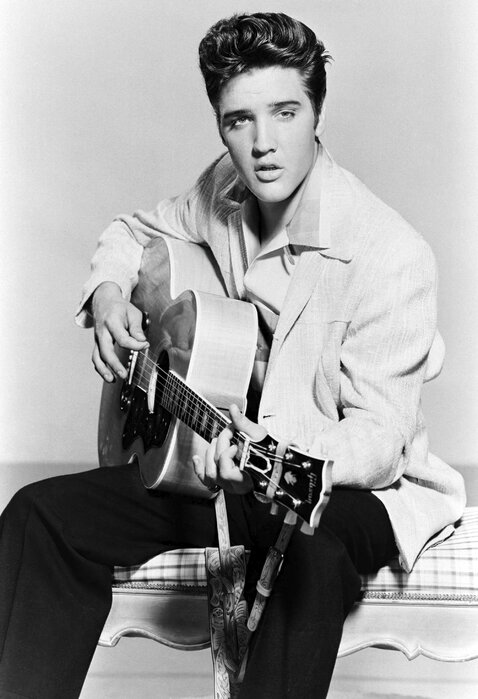The Mental Game: How to Stay Sharp and Confident in Hockey
Sep 03, 2025
Hockey isn’t just about speed, skill, or strategy—it’s about mindset. The best players? They’re not just physically gifted; they have the mental toughness to handle pressure, bounce back from mistakes, and perform at their peak when it matters most. And trust me, if you play this game long enough, you’re going to see and experience everything—from heartbreak to triumph, from slumps to streaks that make you feel invincible.
So, how do you stay mentally sharp and confident in hockey? Let’s dive into it.
1. Control What You Can Control
You can’t change the refs. You can’t fix the ice. And you definitely can’t stop a bad bounce from happening—I learned that the hard way when a puck took a weird bounce off a stanchion and right into our own net in the playoffs. What you can control? Your effort, your attitude, and how you respond to adversity. The guys who dwell on the bad breaks? They don’t last long. The ones who adapt and move on? Those are the players you want on your team.
2. Develop a Routine
Confidence isn’t luck—it’s preparation. Every player I knew who played a long time had some kind of pre-game ritual. For me, it was taping my stick the exact same way and doing the same warm-up routine. In junior, I once skipped my routine, thinking I didn’t need it. I played like absolute garbage. Never again.
One time, I decided to mix things up and got my back cracked by a chiropractor before a game. That night? Minus four. That was the last time I did anything out of my routine. It felt like voodoo, and I wasn’t about to mess with the hockey gods again. Routines are like mental armor—you feel ready before the puck even drops.
3. Embrace the Pressure
Pressure is a privilege. Embracing pressure is a learned skill, and the only way to learn it is to keep putting yourself in pressure situations. Your mind is a muscle, and strengthening it with "reps" is what allows the elite to be unphased in situations where others crumble. The Oilers had to lose to the Islanders before going on their run of Cups in the '80s. Michael Jordan’s Bulls had to conquer the Pistons before being crowned champs. Everyone needs to learn to overcome pressure before being rewarded with championship glory. The more you put yourself in those moments, the more you develop the ability to rise when it matters most.
As the saying goes, "Everyone gets butterflies, the trick is to get them all flying in the same direction." Learning to control and channel that nervous energy is what separates the greats from the rest. The best players don’t fear the moment—they trust themselves to rise to it.
For a long time, I tried to carry it all alone, thinking that pressure was something I had to battle internally without help. But when I finally started to open up and talk through the pressures, I realized I had more control over the outcome. Verbalizing my thoughts, leaning on teammates, and acknowledging the stress didn’t make me weaker—it made me better. Once I stopped seeing pressure as a burden and more as a sign that I was in a position to make an impact, my game reached another level.
4. Bounce Back Quickly
Hockey moves fast. One bad shift, one bad play—it’s gone in seconds. The best players have short memories. Ever hear of Ted Lasso’s goldfish mentality? There’s a reason he tells his players to be a goldfish—because it has the shortest memory of any animal. The quicker you forget a mistake, the faster you can move on and get back to playing your game.
I’ll never forget losing the Kelly Cup Final in 2003 to Atlantic City. That loss stung. But one year later, I was on the other side, winning the Kelly Cup with the Idaho Steelheads. That experience taught me that hockey rewards stamina of will over intensity of will. The ones who can endure, who keep showing up, are the ones who find success in the long run.
5. Focus on the Process, Not Just the Outcome
Winning? It’s great. But if you chase wins without focusing on how to get there, you’ll struggle. My father always preached that honing your craft meant taking care of the things that take care of you. Preparation, practice, and video weren’t just tools—they were necessities. He used to tell me to aim to get 1% better every day. That small edge compounds over time.
Chasing stats? That’s what selfish players put on pedestals. The elite leaders see stats as a byproduct of doing their job better than the opposition. On the path to enlightenment, Buddhists say, "chop wood and carry water." And once you reach enlightenment? You still chop wood and carry water. The process never changes, no matter where you are on your journey.
An old buddy of mine once told me that life is about the journey, not the destination. Sounds like good advice for this topic.
6. The Rink is a Destination
The rink needs to be a place you want to be. A place you look forward to. If you play just “for fun,” what does fun mean to you? My definition of fun evolved over my career—from being around my buddies to trying to see how far I could go in the game, to winning championships and making hockey my career. I became a tradesman, and my trade was hockey. I started focusing on all the things that make great tradesmen—details, habits, mastering the profession. Eventually, it became about the thrill of competition, wanting to outwork everyone, and seeing just how good I could get.
7. Have a Mental Release

Hockey is all-consuming. It can take over your mind if you let it. Two of my go-to mental resets are throttle therapy and K9 time. If I can get out on my Harley and rip down the road, it’s amazing how quickly the fog leaves my head. The moment that throttle turns and the bike takes off, hockey is the last thing on my mind.
The other thing? K9 time. When I take my dog for a walk, it gives me the cerebral reset I need—and it only takes five minutes. My dog doesn’t care if I was garbage on the ice. He’s just happy to see me. That kind of quick pause is an incredible way to shift back into a motivated cycle.
8. Remember Why You Play
Things will get tough. The game will be hard at times, and it will stay hard if you don’t fight through the adversity. Too many people quit when things get difficult, but that’s the moment you need to push even harder. My mom used to say, "God never gives you anything you can't handle." At the time, it wasn’t very comforting, but hindsight has a way of changing your perspective.
Looking back, the toughest moments—the ones I didn’t quit on—eventually led to something greater. Were they all wins? No. But the only way to get a win is to keep playing. Elvis Presley had 18 number-one hits. Know how many songs he recorded? 786. That’s a 0.0229 success rate! If Elvis had quit because he didn’t get a hit every time, we’d never have Jailhouse Rock. So don’t be so hard on yourself.
Conclusion
Hockey rewards those who stick with it. It’s not about never failing—it’s about never quitting. The best players aren’t the ones who never struggle; they’re the ones who push through when the struggle hits. Your biggest setback today could be your greatest triumph tomorrow. The game will challenge you, frustrate you, and test your will—but if you love it, it will always be worth it. So when the game knocks you down, get up, adjust your helmet, and get back to work.🏒
About the Author
Kamloops, B.C. product. Drafted by the Tri-City Americans 9th overall in the 1995 Bantam Draft. Vancouver Canucks 9th round selection (271st) in the 1999 NHL Entry Draft. Believes that before you can become a mental monster, you have to be a mental midget—because adversity either breaks you or builds you, and the choice is yours. Spent 16 years in pro hockey surviving bus rides, bad hotel coffee, and pre-game speeches that ranged from inspirational to downright confusing. Has mastered the art of looking engaged in video sessions while secretly wondering what’s for dinner. Advocates for mental resets—whether that’s writing, golf, or throttle therapy. If you see him cruising down the road on his Harley, give him a wave and a wink—motorcycle gods are just as powerful as hockey ones.

